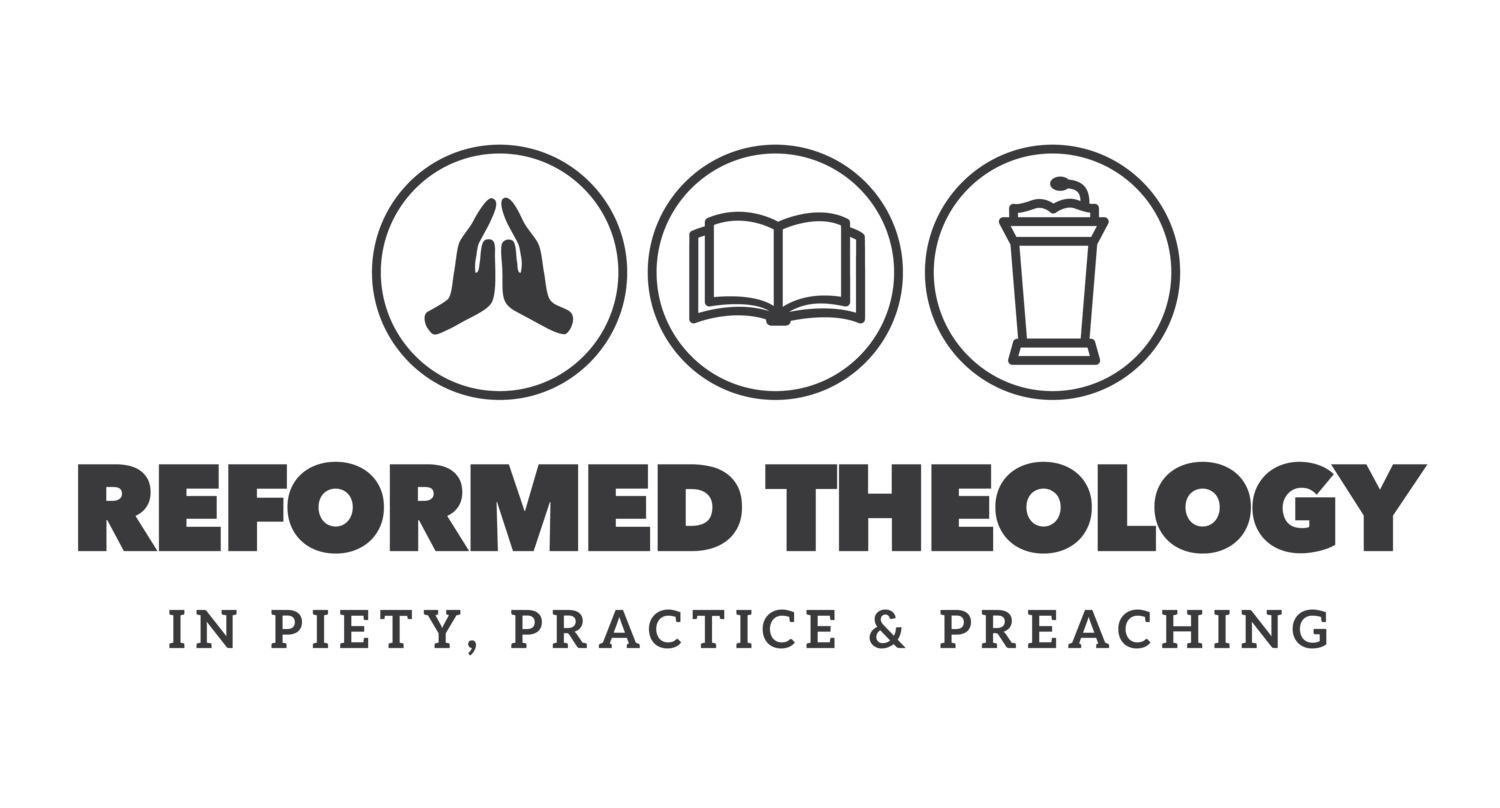As a pastor, you hope that people in your church will love, respect, and value your service to the church. This pattern marks, I believe, of the vast majority of the people in the church. At the same time, there will be some who dislike you and your ministry to the point that they will level false accusations against you. What should you do when this happens? And how do you handle this situation in a Christ-like manner?
As you can imagine, handling false accusations calls for wisdom and patience. Far too many people look at sin in rather binary terms: if someone wrongs you the only remedy is immediate restitution. Depending on the nature of the false accusation, wisdom might call for a patient and calm response rather than immediate action, such as church discipline. On one occasion I conducted a pastoral visit with a family and they decided they were going to light into me. The couple was yelling at me at the top of their lungs and accused me and the session of running the Sunday School like a concentration camp. I don’t take kindly to being likened to a Nazi and so I immediately but politely confronted them on the sinful nature of their statements. They were free, I told them, to register their discontentment with my ministry but drew the line at such comparisons. I could have demanded an immediate apology but wanted to give the situation time. Things simmered down and I was able to leave without further incident, but I did not receive an apology. I decided to wait to see what would happen. Blessedly, the next day the couple called me to apologize for the way they treated me, and I was grateful to have things resolved.
There have been other situations, however, where I have been wronged and even maligned, but I have had to live with the situation with no resolution in sight. In class students have accused me of teaching heresy and some elders in the church have claimed that my work would be detrimental to the church. As an aside, none of these people have ever followed their accusations with action of any sort (i.e., formal church discipline). They’ve driven by, shot their verbal bullets, and made a quick get-away. As much as I’ve wanted restitution, in these situations I’ve concluded that I will never receive an apology. In some situations, I’ve contemplated formal charges, but for a number of reasons have prayerfully determined that church discipline isn’t always the right tool for the job. In some cases, I realize that cruciform ministry means taking up my cross and following Christ. Christ was insulted, jeered, and falsely accused of many things. In some cases, he confronted his critics, but in most he had to entrust himself into the care of his heavenly Father. In fact, rather than seek restitution, Christ responded with love. When he was reviled, Christ prayed to his Father: “Forgive them, for they know not what they do” (Matt. 23:34).
A pastor who lives the cruciform life must embrace God’s providence and the way of cross with both his heart and mind. We intellectually acknowledge the truth that God foreordains whatsoever comes to pass (WCF III.i), but when false accusations come our way we think the wheels on the bus of providence are falling off. If God does truly ordain everything, even when the hairs on our heads fall to the ground (Matt. 10:30), then nothing in our lives happens by chance. God uses crooked sticks to draw straight lines, and in this case, he uses false accusations to conform you to the image of Christ. There may be occasions when you must respond swiftly and firmly when someone falsely accuses you of sin. On other occasions, however, you may have to wait on Providence to resolve the situation. In some instances, you might never receive your well-deserved vindication. You may have trust your reputation and ministry into the hands of Christ with the knowledge that he knows the truth and will one day exonerate your good name. Pray for wisdom to know when and how to respond to false accusations. Pray for the ability to see your life through the prism of Christ’s cross and know that some suffered wrongs are not offenses forgotten but rather God’s way of burning off the dross in your life to conform you to the glorious image of Christ.
Next week’s post addresses the subject of sacrifice and the cruciform ministry.
